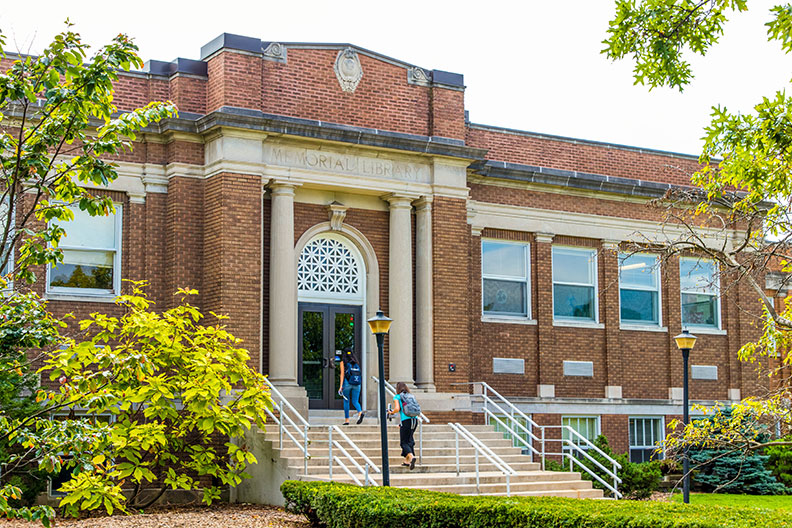
While the public takes the necessary precautions to protect itself during the COVID-19 pandemic, Elmhurst College Clinical Assistant Professor Molly Tran sees it, in part, as an important reminder of the work being done in the public health sector.
The College’s new bachelor’s degree program in public health, which starts in the fall, will prepare students to play a key role in the fight against such diseases and in promoting overall health.
“Issues like COVID-19 highlight the need for people who are skilled in core public health functions like epidemiology to track and help control the spread of the virus,” said Tran, director of the public health program at Elmhurst.
“But it is also an example of the increasing complexity of health in our modern world. We need people who have the population-level and systems-thinking approach to health to address these complex problems.”
Tran said the program will help students meet the evolving needs of the field and focus on solving problems in health from a big-picture perspective.
“It’s not just about basic hygiene (a core public health function), like handwashing, it’s also about access to health care, policies that allow people to stay home if they feel sick and, of course, social factors like global travel.”
More specifically, the program introduces students to public health skills, research, epidemiology and concepts of public health and global health. Tran said the coursework will enable students to address real-world problems and persistent public health challenges.
“If you’re familiar with the allegory about people pulling others out of a river, and finally someone goes upstream to figure out why they’re falling in—that’s us,” Tran said. “We’re the ones going upstream to figure out why people are falling in, but also setting up protections so they stop falling in, and setting up a system to help the guy fishing people out to do it more effectively.
“That means you can address questions like, ‘Why does this patient keep coming back to the hospital, getting better, then going back out to his or her community and getting sick again?’ ‘What can we do to help keep him/her healthy?’ We have to look at the environment, at the community, at population-level risk factors and address those.”
Students in the public health program will gain valuable insights and experience outside of the classroom. The four-year program culminates with a capstone project and practicum. Both experiences give students access to hands-on projects that take them into the community. Students then synthesize and apply the knowledge they’ve gained.
“Students will work in a variety of settings—state and local health departments, community and neighborhood organizations and health care settings,” Tran said. “They will not only put their skills into practice but also learn more about what they want to do with their careers, whether that’s putting their degree to use immediately, going into training for a health profession or continuing on to our master’s in public health degree.”
If students opt to enter the workforce right away, they will have a vast array of career choices, including:
- Biostatistician
- Community health worker
- Environmental health specialist
- Epidemiologist
- Health service manager
- Public health analyst
- Public policy and administration
- Quality improvement coordinator
The College is accepting its first class of public health majors for the fall. For more details, contact the Office of Admission at (630) 617-3400 or admit@elmhurst.edu.














